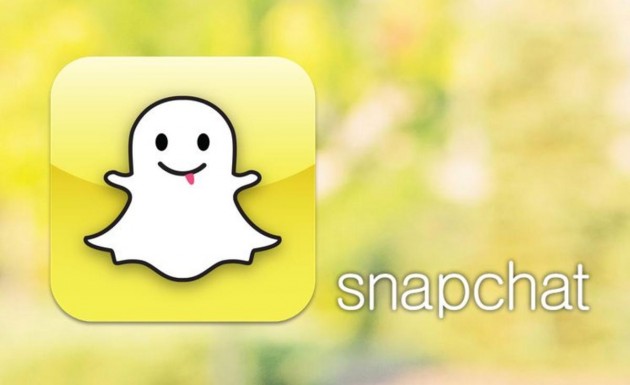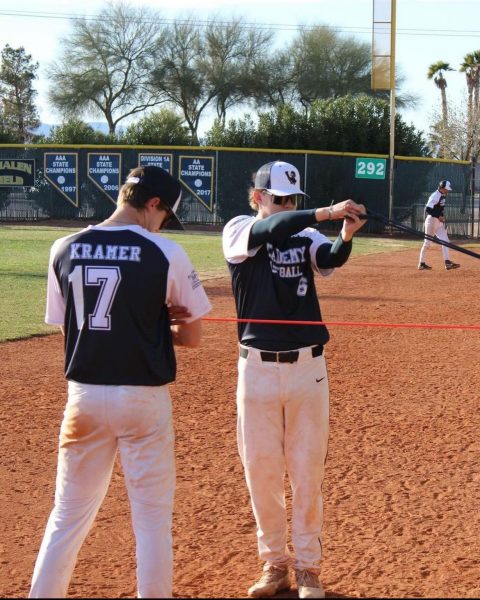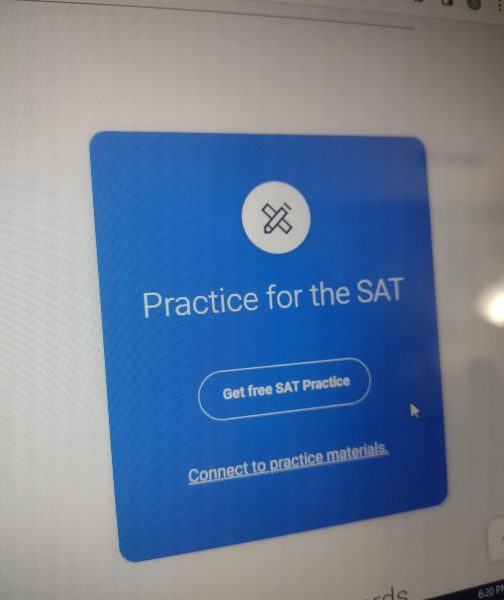Think Before You Post
As teenagers of the innovative 21st century, it is not surprising that most of us are using social networking sites and apps such as Instagram, Twitter, Snapchat, and Facebook. It is okay to use these sites (unless your parents tell you otherwise), but when you sign up for these accounts, are you aware of the type of information you are giving away to cyberspace? Most people are oblivious to the risk being taken by using these entertaining social connectors.
![[untitled photo of facebook logo] Retrieved March 11, 214, from:http://agenciadeinternet.com/2013/05/03/voce-sabe-por-que-os-adolescentes-estao-saindo-do-facebook/logo-facebook/](https://thejetstreamjournal.com/wp-content/uploads/2014/03/Logo-Facebook-300x168.jpg)
When signing up for a social media website or app, you are almost always going to run into the whole ordeal of making a profile. This usually has you type in an email address, your real name, your birthday, and then the website has you create a username and a password. Since we are our tech-savvy selves, we normally pay no mind to the things we are typing in because: A) we have done the “make an account” process a million times, or B) while signing up we think things like, “Oh, I’ve done this before,” or “Should I put in a fake birthday so I seem older?” What we don’t realize is that when we type in our names and our emails, those things are part of our identities. We aren’t thinking at the moment that if those pieces of information somehow get into the wrong hands, we could find ourselves in some very sticky situations.
Mass social media leaks aren’t the type of thing that happen all of the time, but they do happen. For example, this past January, 4.6 million Snapchat usernames and phone numbers were leaked out into the public by hackers. The hackers then took the information they stole and created a database full of the 4.6 million leaked usernames and phone numbers for people to browse through leisurely. (Click here to see if your Snapchat was leaked.) Another major leak that happened recently was the Facebook bug that leaked 6 million users contact information out to the public in July last year. As you can see, social media can be dangerous!
In addition to the cyber space danger, there is also the danger of what you post on your social media account that other people can access. As you have probably heard before, whatever you post online is permanent. It doesn’t matter if you clear your history, or delete whatever it was right after you posted it, you will leave a cyber-footprint! The best way to prevent people from seeing things is to not post them. Simple as that. If you don’t like that idea, however, you should take a look at your security settings and see if there is an option to make things private. Students have lost jobs, scholarships, and have even been denied from colleges just because that one admissions officer looked onto their Facebook and saw their more-than-embarrassing profile picture. Basically, the best way to not relive that one crazy night is to not post that one crazy night. Also, don’t post any personal information like your phone number or home address in a status, a tweet, a post, or anything of that sort, because depending on your security settings, you could potentially be giving a stranger the tools to be creepy.
whatever you post online is permanent. It doesn’t matter if you clear your history, or delete whatever it was right after you posted it, you will leave a cyber-footprint! The best way to prevent people from seeing things is to not post them. Simple as that. If you don’t like that idea, however, you should take a look at your security settings and see if there is an option to make things private. Students have lost jobs, scholarships, and have even been denied from colleges just because that one admissions officer looked onto their Facebook and saw their more-than-embarrassing profile picture. Basically, the best way to not relive that one crazy night is to not post that one crazy night. Also, don’t post any personal information like your phone number or home address in a status, a tweet, a post, or anything of that sort, because depending on your security settings, you could potentially be giving a stranger the tools to be creepy.
http://rt.com/usa/snapchat-phones-usernames-leaked-062/
http://www.huffingtonpost.com/2013/06/21/facebook-bug_n_3480739.html
http://www.staysafeonline.org/stay-safe-online/protect-your-personal-information/social-networks














Taylor • Mar 17, 2014 at 1:09 pm
This is so cool! I love the tool to see if your information was leaked. Good research!
Katy T • Mar 17, 2014 at 1:01 pm
I think this article is very relevant. I know how dangerous things can get when your information is leaked online. I believe that teens should take a closer look at their security settings on their social media sites. Awesome job on the article! This is a very good topic to bring to people’s attention. 🙂